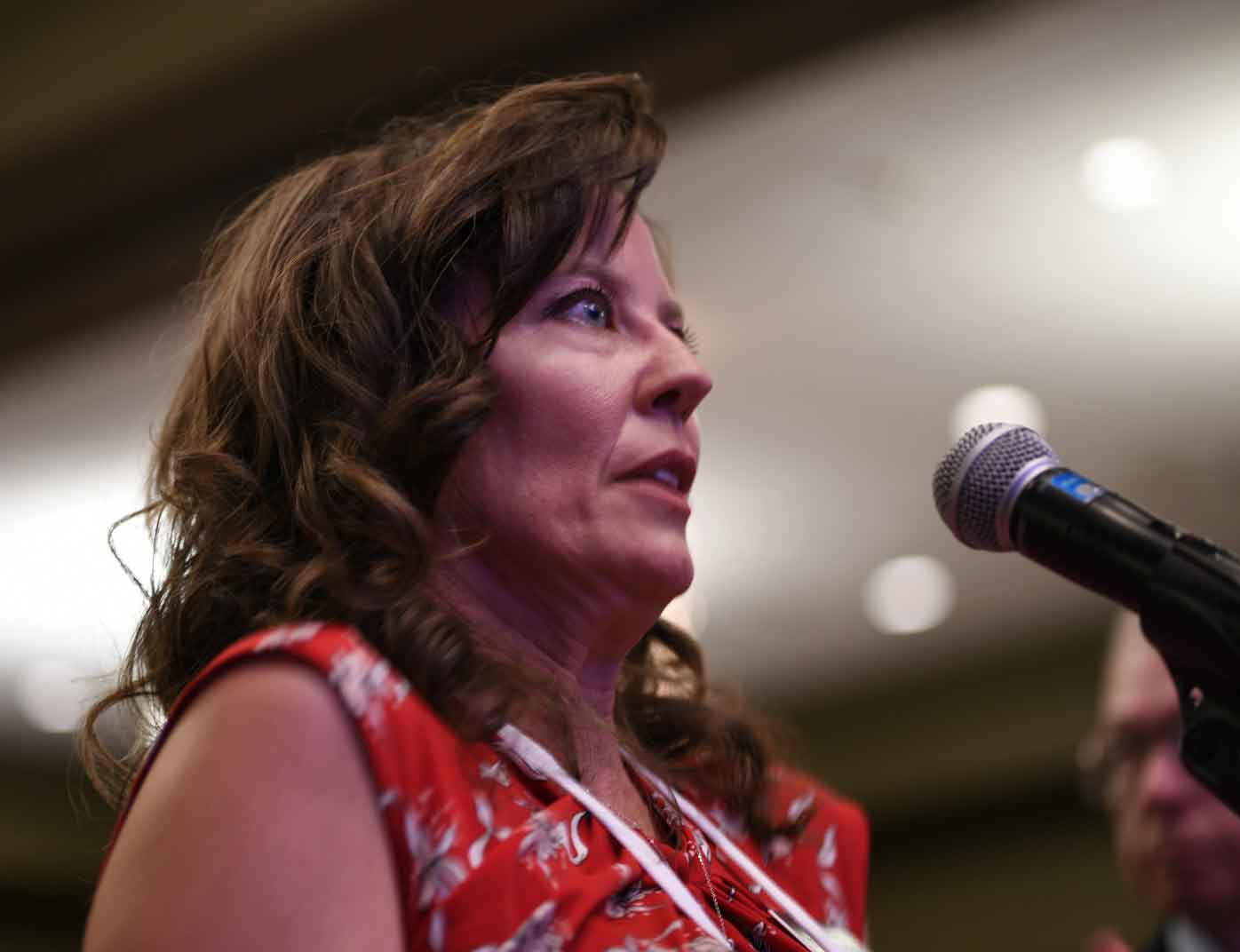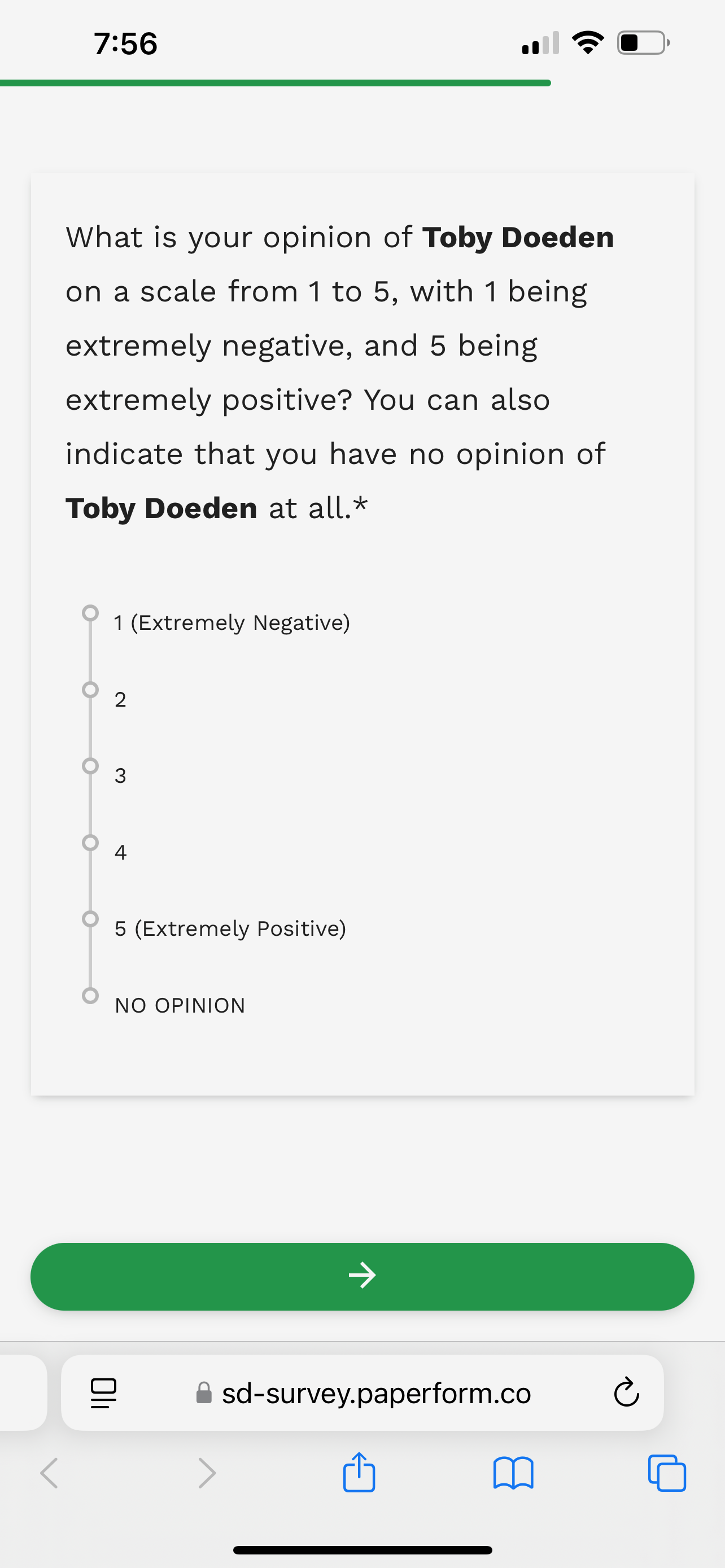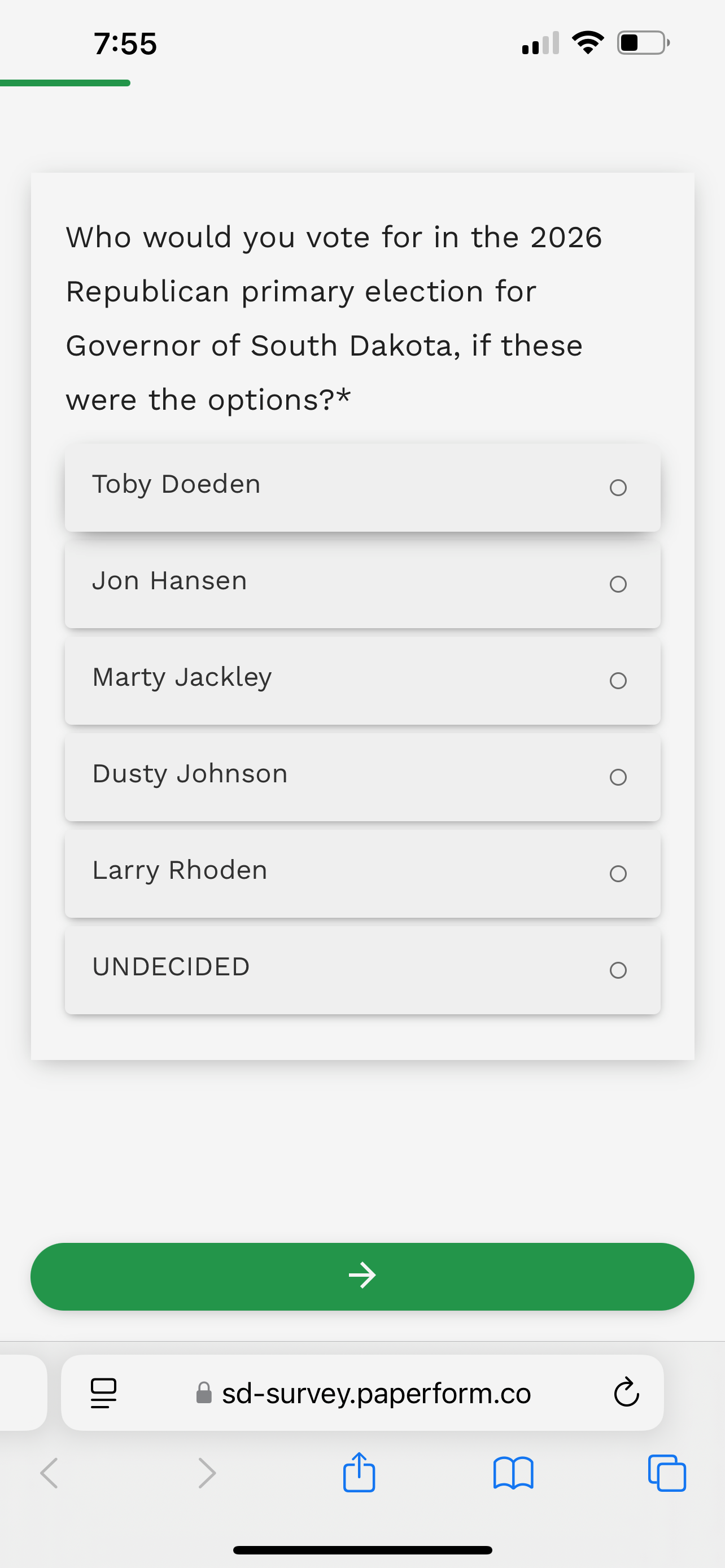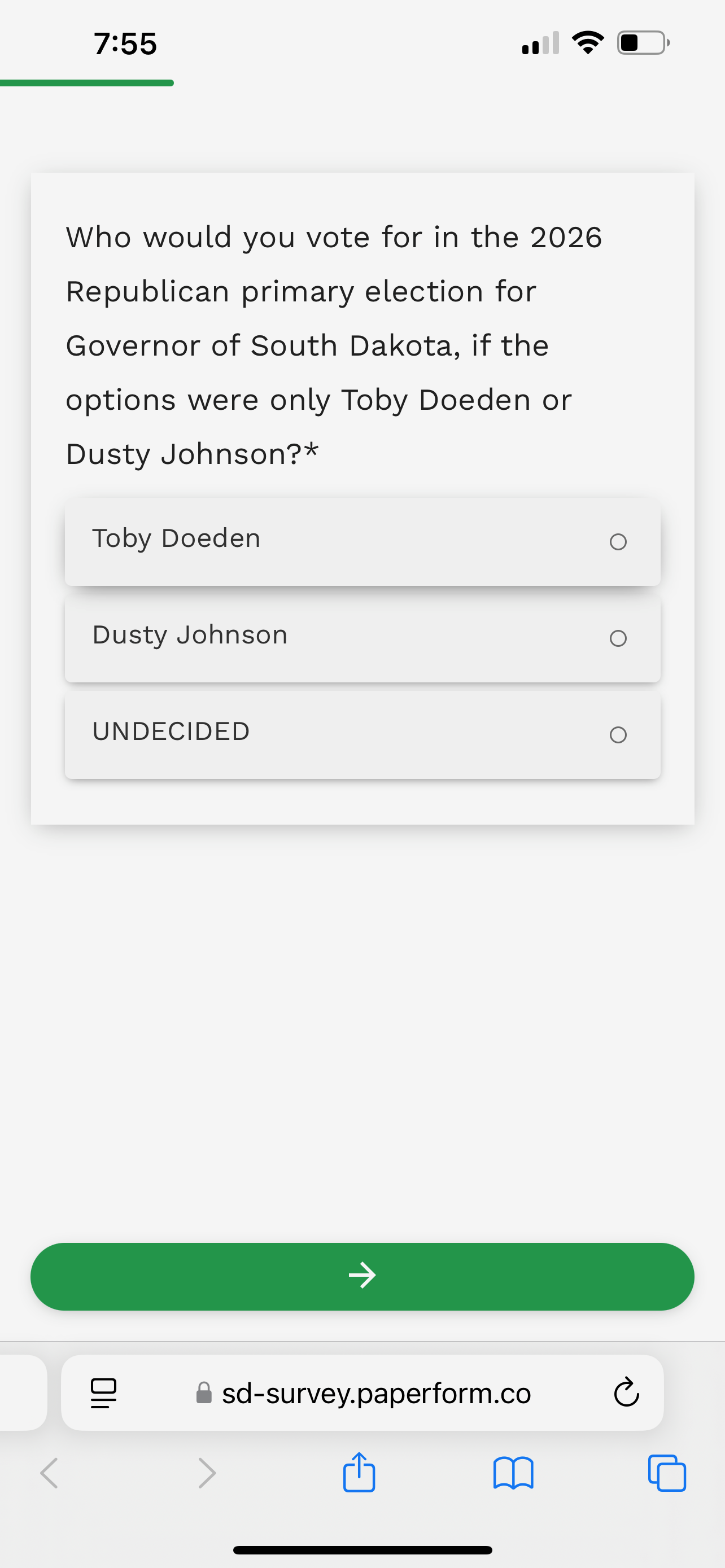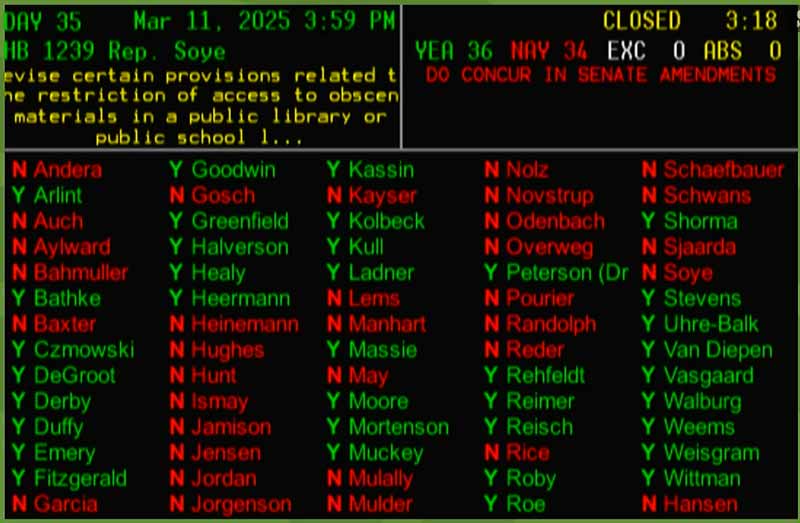Gov. Rhoden Signs 19 Bills into Law
Gov. Rhoden Signs 19 Bills into Law
PIERRE, S.D. – Today, Governor Larry Rhoden signed the following 19 bills into law:
- SB 15 expands the policy advisory committee for animal damage control;
- SB 25 clarifies the adoption and use of the plumbing code;
- SB 66 revises certain provisions related to capital improvements of state buildings;
- SB 76 repeals reporting and testifying requirements to the committees on health and human services regarding nursing facilities and long-term healthcare needs;
- SB 77 updates terminology related to ambulance operators;
- SB 78 authorizes a change in bullet diameter for use in taking certain animals;
- SB 80 revises provisions regarding students and trainees engaged in the practice of funeral service;
- SB 83 revise the penalty and provides treatment for the ingestion of certain controlled substances;
- SB 110 revises licensure and supervision requirements for physical therapists and physical therapist assistants;
- SB 116 revises and repeals provisions related to street racing prohibitions and provides a penalty therefor;
- SB 135 exempts a motor vehicle insurer from a certain title fee;
- SB 155 reduces the amount of net receipts of unclaimed property deposited into the general fund;
- SB 174 includes certain types of vehicles in the abandoned titling process;
- SB 179 modifies requirements for off-road vehicle dealers at special events;
- SB 193 allows an applicant to have an interpreter present during the driving portion of a driver license exam;
- HB 1094 modifies laws regarding school bus safety and provides a penalty therefor;
- HB 1192 removes the maximum fee permitted to be charged by a notary;
- HB1195 revises a provision related to the termination of parental rights of a child adjudicated abused or neglected; and
- HB 1196 updates Uniform Unclaimed Property Act to include provisions related to virtual currency and notice requirements.
Governor Rhoden wrote a letter to the legislature on his decision to sign Senate Bill 83, and you can find that here.
Governor Rhoden has signed 125 bills into law this legislative session.
###

 Rep.
Rep. 